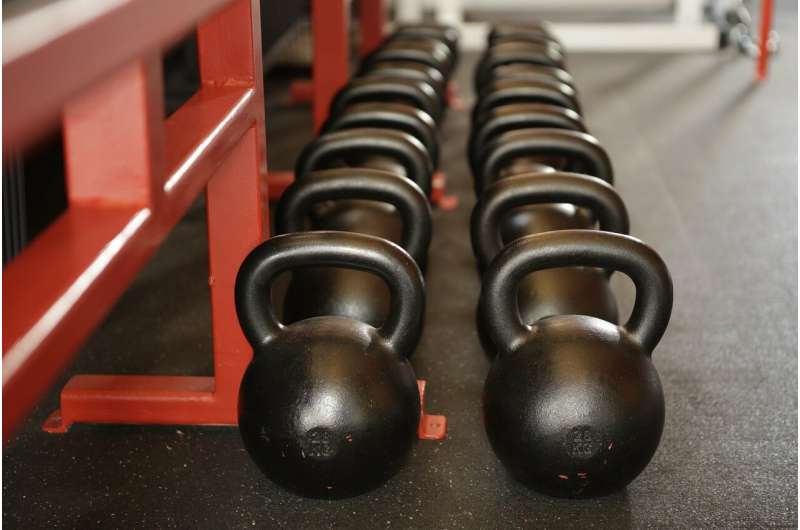Runner's Gut: Understanding Why Some Marathon Runners Experience Urgency and Gastrointestinal Issues

Running a marathon is an incredible physical challenge. Athletes typically log between 50 to 60,000 steps, burn over 3,000 calories, and lose several liters of sweat to stay cool during endurance events. While training adequately and staying hydrated are vital to avoid dangers like dehydration, heatstroke, and electrolyte imbalances, many runners face another, often embarrassing, issue: gastrointestinal distress.
This condition, commonly known as runner's diarrhea or runner's gut, manifests as a combination of urgent diarrhea, abdominal cramping, and an increased need to defecate during or after running. Studies indicate that up to 96% of endurance athletes report some form of gastrointestinal symptoms during races, highlighting its prevalence.
Runner's diarrhea typically involves three main symptoms: diarrhea, abdominal cramps, and a heightened sense of urgency. Though usually not severe, if overlooked, it can lead to complications such as bleeding, which suggests potential mechanical damage to the bowel caused by the jarring movement during long runs.
The exact causes are not fully understood, but several factors are believed to contribute. During exercise, blood flow is redirected from the gastrointestinal tract to muscles, the heart, and lungs, possibly causing inflammation and irritation of the gut lining. Alterations in gut bacteria and effects of certain foods consumed before running may also play roles.
Diet and nutrition are critical—consuming familiar, easily digestible foods low in fiber, fat, and protein before a race can reduce risks. Foods like plain toast, low-fructose fruits like strawberries, and avoiding caffeine or high-fat meals can help minimize gastrointestinal upset.
Further, nutrients like carbohydrates and stimulants such as caffeine might accelerate gut motility or cause laxative effects in some individuals. Psychological factors and stress can also influence gut function, with anxiety potentially aggravating symptoms.
Prevention strategies include adequate preparation: testing different foods and hydration routines during training, maintaining proper electrolyte balance, and listening to your body. Keeping a symptom diary can identify triggers, enabling personalized approaches. During the race, recognizing early signs of distress and taking steps such as slowing down or using available facilities can help continue smoothly toward the finish.
In summary, understanding the impact of diet, hydration, psychological state, and training on gut health is essential for marathon runners. Proper planning and listening to one’s body can reduce the chances of being sidelined by gastrointestinal issues and ensure a successful race experience.
Stay Updated with Mia's Feed
Get the latest health & wellness insights delivered straight to your inbox.
Related Articles
Exercise Significantly Reduces the Risk of Colon Cancer Recurrence
New international research confirms that structured, moderate exercise significantly decreases recurrence and mortality rates in colon cancer survivors, offering a promising avenue for long-term health and cancer prevention.
Optimal Workout Order Revealed: Cardio Before or After Weightlifting?
Recent research reveals that performing weight training before cardio enhances fat loss and daily activity. Discover which workout order maximizes your fitness results based on scientific findings.
Exercise Enhances Men's Mental and Sexual Well-Being, Study Shows
A Cleveland Clinic survey shows that regular exercise significantly improves men's mental health, confidence, and sexual performance, emphasizing the importance of an active lifestyle for overall well-being.
Daily Exercise Linked to Improved Sleep Quality in Young Adults
Daily physical activity, even in brief doses, can enhance deep sleep quality in young adults, leading to better mood and mental health. New research highlights the importance of spreading out exercise throughout the week for optimal sleep benefits.



